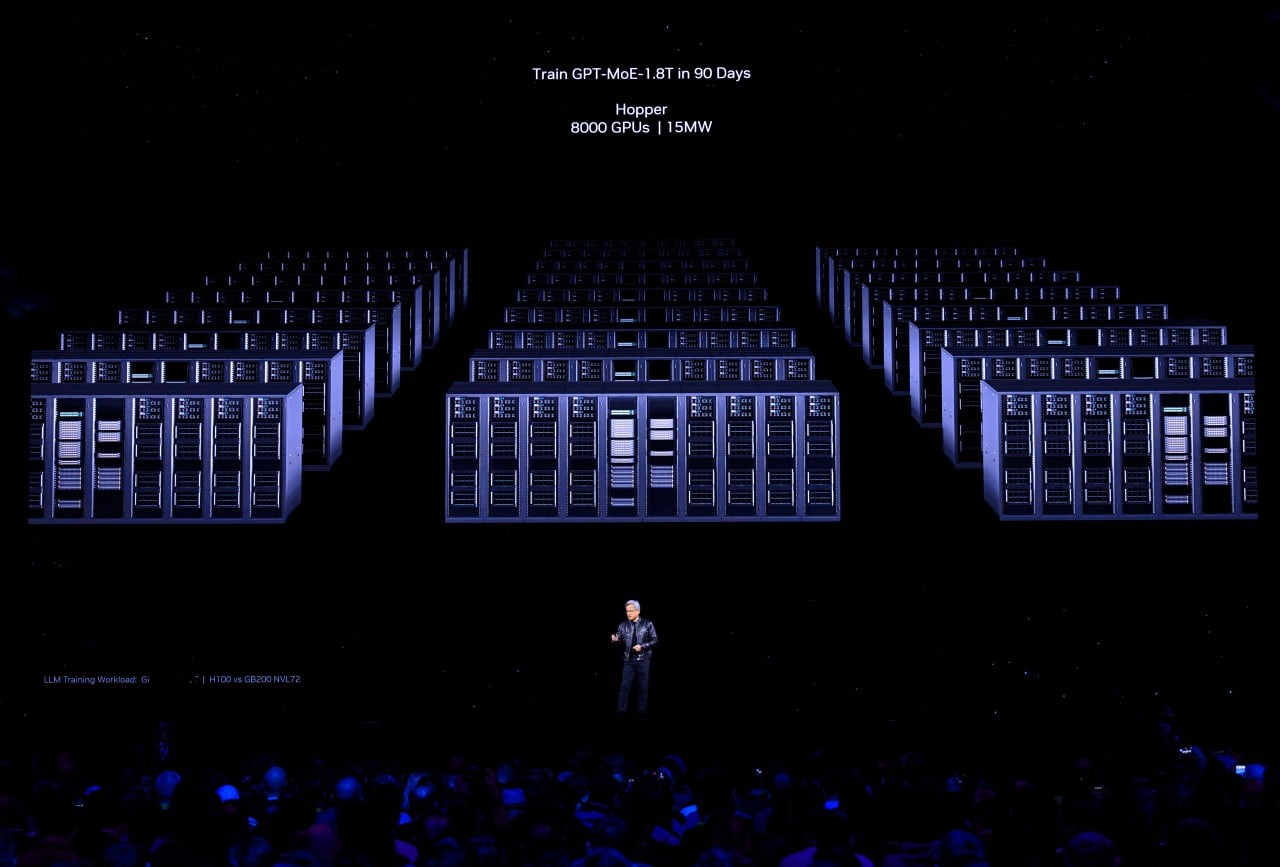
OpenAI's highly anticipated GPT-5 language model is experiencing major delays and technical challenges, casting uncertainty over its future development. The project, internally code-named Orion, has been in development for over 18 months and is now months behind its expected timeline.
Microsoft, OpenAI's primary investor, had anticipated seeing GPT-5 by mid-2023. However, multiple training attempts have revealed persistent problems, with the software falling short of researchers' expectations despite extensive data processing efforts.
The financial stakes are substantial - each six-month training run costs approximately half a billion dollars. Even in best-case scenarios, the current version's performance improvements may not justify these massive expenditures.
The delays come at a critical time for OpenAI, which reached a $157 billion valuation in October 2023. This valuation was partly based on CEO Sam Altman's promises that GPT-5 would represent a major advancement in AI capabilities across various domains.
Industry experts suggest that if successfully developed, GPT-5 could revolutionize areas like customer service, digital marketing, and business operations through more sophisticated text analysis and generation. However, the fundamental challenge appears to be data limitations - there may not be enough high-quality training data available to achieve the ambitious goals set for the project.
The setbacks highlight the complex reality of advancing artificial intelligence technology, even with substantial resources and expertise. As tech companies collectively prepare to invest up to $1 trillion in AI development, OpenAI's struggles with GPT-5 serve as a reminder of the unpredictable nature of pushing AI boundaries.
While OpenAI continues working to overcome these obstacles, the timeline for GPT-5's eventual release remains unclear. The outcome of this project could have far-reaching implications for the future development of large language models and artificial intelligence as a whole.